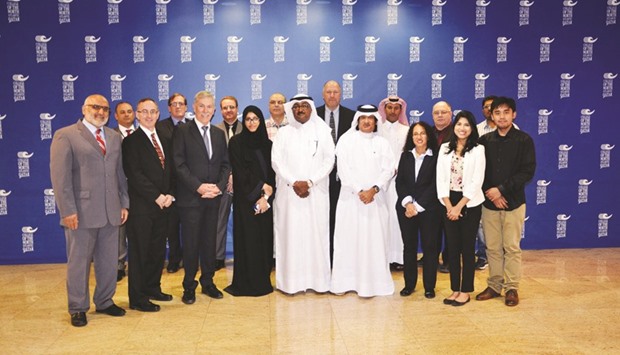The College of the North Atlantic-Qatar (CNA-Q) and Qatar Petroleum (QP) have renewed a research partnership to help identify which materials used in the industry and energy sector are most resistant to chloride stress corrosion cracking.
The Corrosion Atlas II Research Project is the first of its kind in the Gulf region.
The project, which has been under way for the past three years, is extended to 2018.
The current international standard for choosing materials for industrial equipment is based on research completed in the North Sea; however many different factors, such as the temperature and humidity, effect materials used in the Gulf Region.
“Qatar’s industry needs to know more about the effects that the extreme Gulf climate has on material integrity. This important research will help QP mitigate production loss, safety concerns and the negative impacts on the environment,” said CNA-Q lead corrosion engineer and engineering technology instructor Hanan Farhat.
“As the State’s premier technical college, we are proud to spearhead this project with our partner, QP, and allow 27 of our students to assist in this ground-breaking applied research to gain field experience’” he added.
The research involves placing 700 samples of seven alloys commonly used in Qatar’s industry, at five sites in Qatar, including two off-shore.
The findings will help QP select specific materials that are most resistant to chloride stress corrosion cracking.

CNA-Q and Qatar Petroleum officials have agreed to extend the research project to help identify which materials used in the energy sector are most resistant to chloride stress corrosion cracking.
